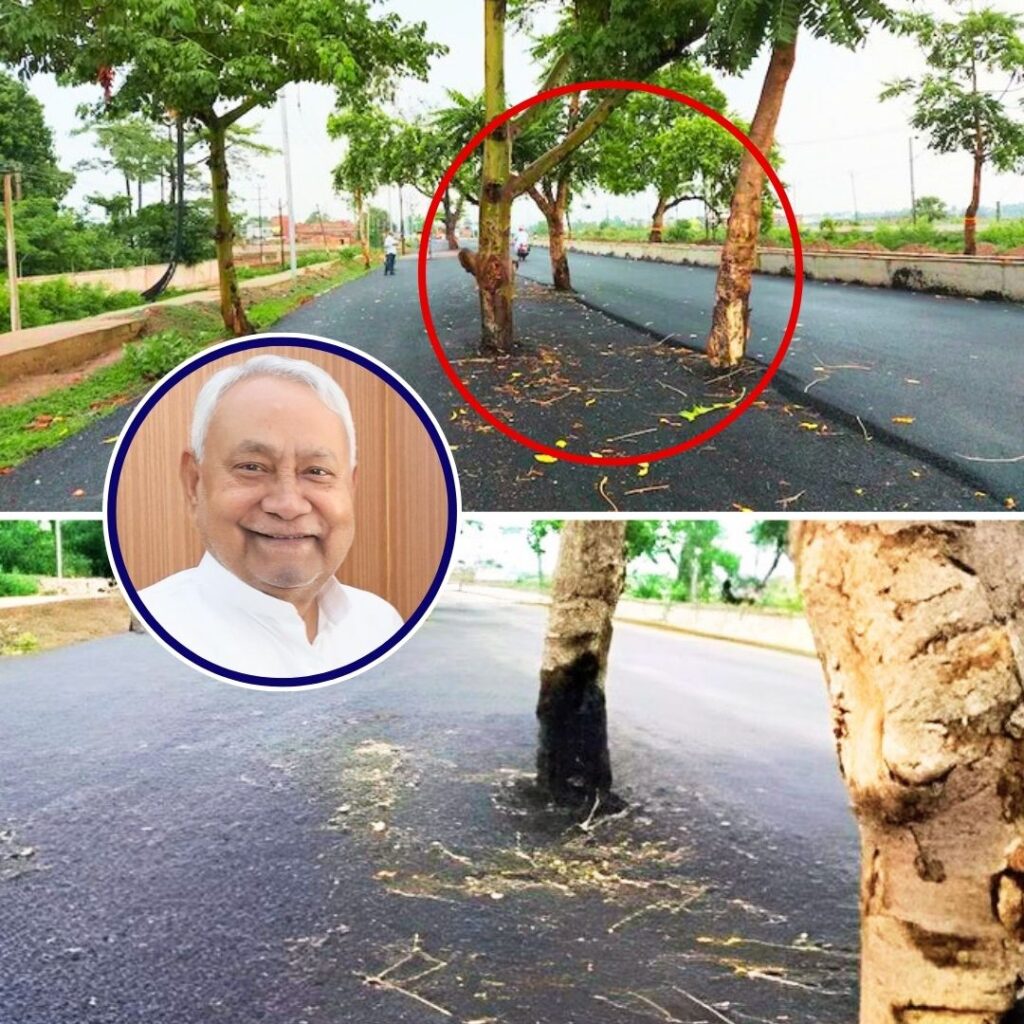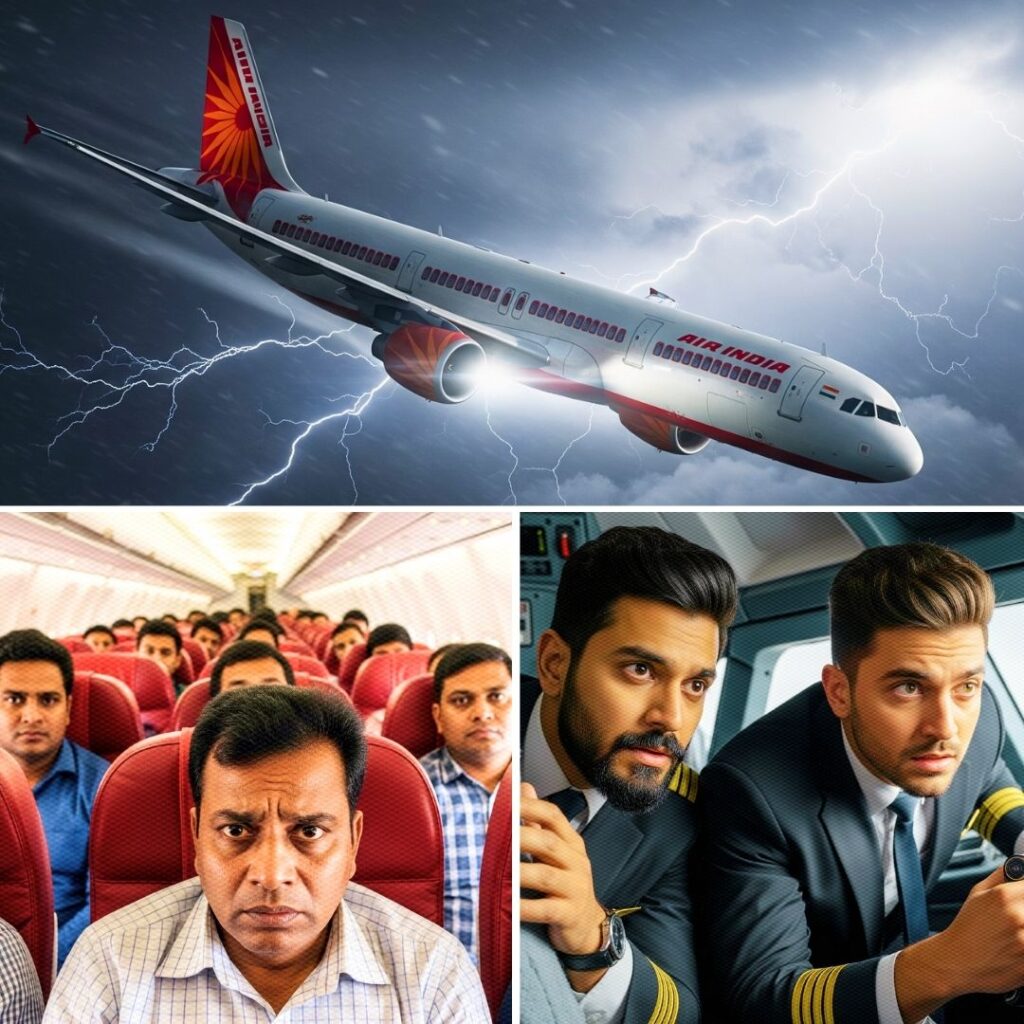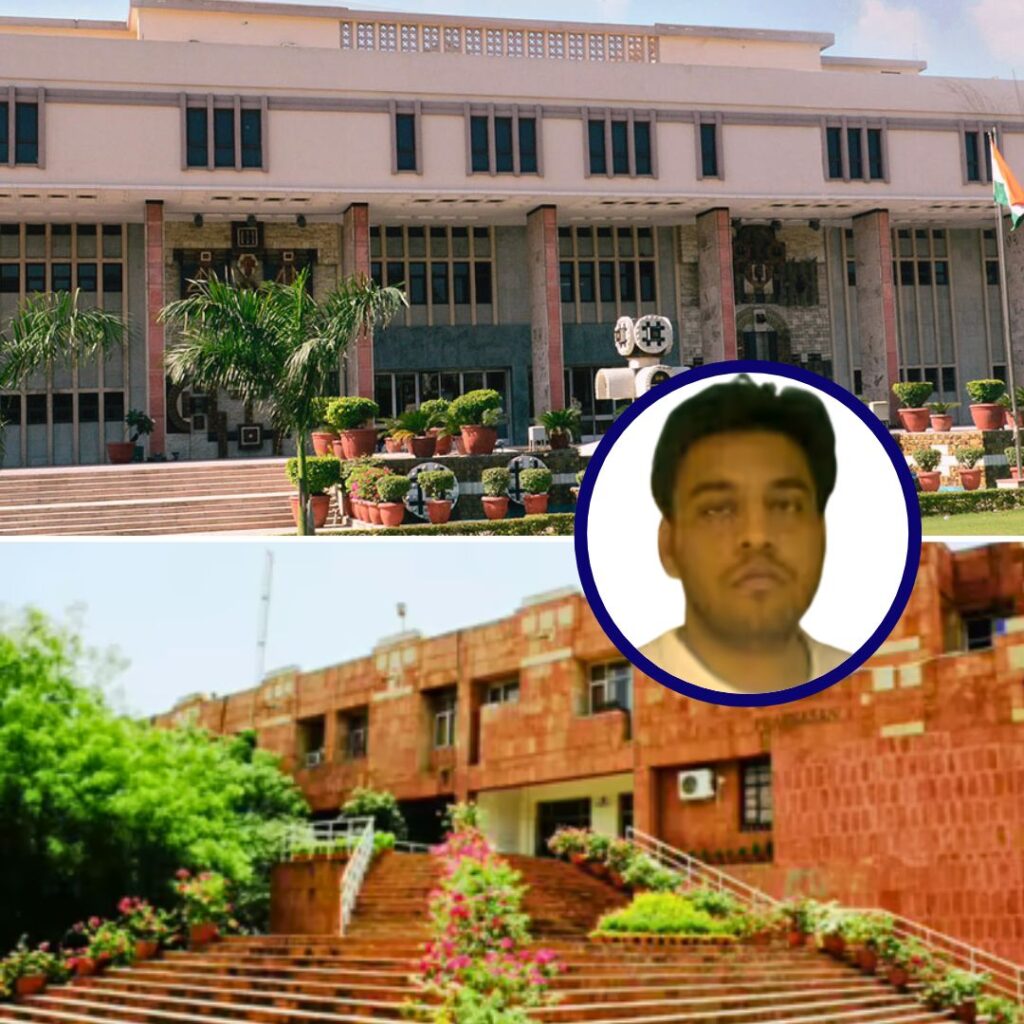A Parliamentary Committee has found that the nation’s railway bridges are in disrepair and in dire need of upgrading, imperiling the lives of passengers and the public.
Placing the blame for the derelict condition of the bridges on dealings between railway officials and contractors, the Parliamentary Committee – named the Public Accounts Committee – told Parliament that some British-era railway bridges are in better condition today than bridges that were built after independence.
The Public Accounts Committee is a Parliamentary Committee formed annually and composed of no more than 22 MPs. This Committee is tasked with auditing the revenue and expenditure of the government. It is currently headed by former Minister of Railways and incumbent MP from Gulbarga Mallikarjuna Kharge.
“Nexus between officials and contractors” blamed
Basing its findings on a 2015 CAG report, the Committee, found that out of the 3,979 railway bridges that were sanctioned by the Railway Board, 710 of them were still under construction as of March 2015.
In its report entitled “Maintenance of Bridges in Indian Railway”, the Committee highlighted that delays in sanctioning bridge construction was putting the lives of passengers at risk.
According to PTI, the report stated that “while certain railway bridges constructed during British rule are in good condition, railway bridges constructed or reconstructed after independence are of inferior quality and need frequent repair … [The] nexus between railway officials and few contractors severely affect the quality and life of its construction…”
The Committee’s recommendations
To revamp railway bridges, the committee called for a strategic management system to be developed for fast-tracking sanction of rehabilitation or reconstruction of bridges “within a time frame based on priority for safety”.
It also recommended that tenders for construction or repair of bridges be pursued through e-tendering so as to increase accountability and attract more construction companies.
If the Committee’s recommendations are enacted by Parliament, construction companies that fail to complete work in the stipulated time and ensure the quality and safety of the bridges they build will be penalised and disallowed from availing future tenders.
The Logical Indian take
The Indian Railways is the third-largest railway network in the world, with 7,083 railway stations, 1,31,205 railway bridges, 9,000 locomotives, 51,030 passenger coaches, 2,19,931 freight cars and 63,974 route kilometers. It transports 2.65 million tonnes of freight traffic and 23 million passengers every day while employing 1.36 million individuals and turning an annual revenue base of about Rs 120,000 crores ($20 billion).
However, India’s Railways invites no envy when it comes to maintenance and prioritisation of passenger safety. Vast, creaking, dilapidated and shunned by reforms, Indian Railways represents the sorrier side on Indian infrastructure.
The predicament of India’s railway bridges as underlined by the Public Accounts Committee is not new knowledge: in 2012, a high-level committee noted that a quarter of the country’s 131,000 bridges are over a century old and recognised the need to strengthen 11,250 bridges to sustain higher loads at higher speeds. The need for repair has also been alerted by international watchdogs like the World Bank.
Whether the Committee’s recent report and warnings will be taken seriously is up to Parliament and the Ministry of Railways. With the recent increase in rail-related accidents and the massive passenger population that avails the Indian Railways’ services, the time for reform is long past and urgent.
Also read:
Is The Bullet Train The Magic Bullet To Save The Indian Railways? Indian Railways Suffered 9 Derailments In Last 27 Days: An Analysis












